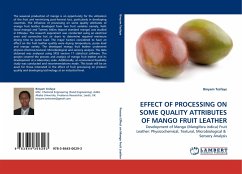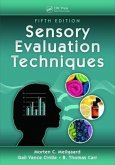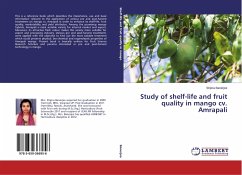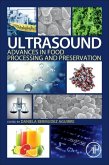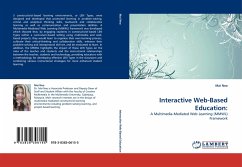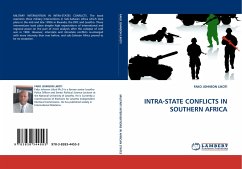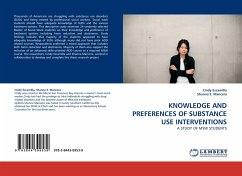The seasonal production of mango is an opportunity for the utilization of the fruit and minimizing post-harvest loss, particularly in developing countries. The influence of processing on some quality attributes of mango fruit leather developed from two fruit varieties namely, Keitt (local mango) and Tommy Atkins (export standard mango) was studied in Ethiopia. The research experiment was conducted using an electrical oven and convective hot air dryer to determine required minimum drying time to puree load. The major factors considered to have an effect on the fruit leather quality were drying temperature, puree load and mango variety. The developed mango fruit leather underwent physico-chemical,textural, Microbiological and sensory analysis. The data obtained was analyzed using SPSS version 17 statistical software. The project covered the process and analysis of mango fruit leather and its development at a laboratory scale. Additionally, an economical feasibility study was conducted and recommendations made. This book will be an asset for those interested in the effect of fruit processing on product quality and developing technology at an industrial level.
Bitte wählen Sie Ihr Anliegen aus.
Rechnungen
Retourenschein anfordern
Bestellstatus
Storno

